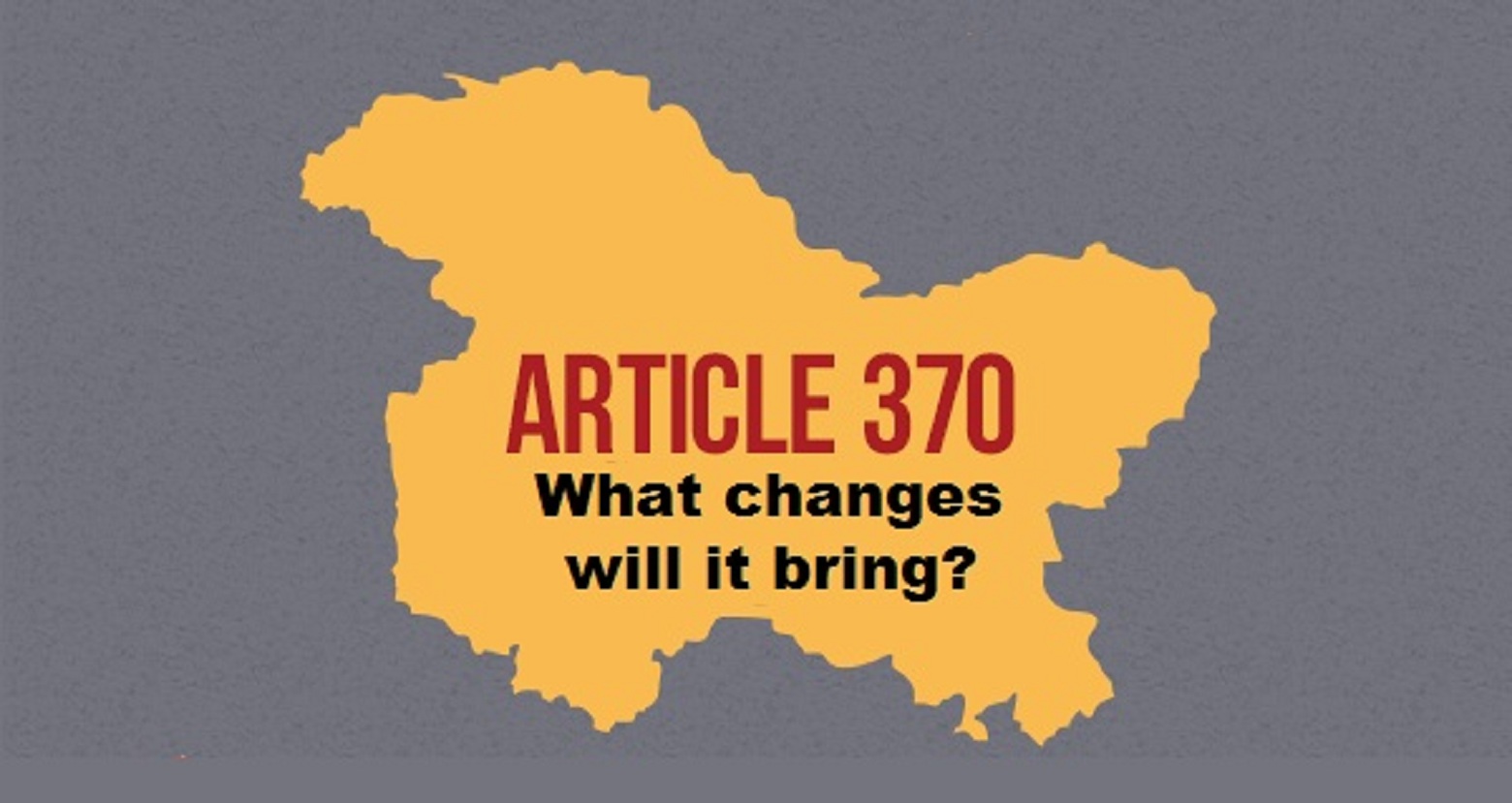With the government’s groundbreaking announcement of abolishing section 370 in Jammu Kashmir, earlier today morning, the environment across the country – especially in the state of J&K, has become quite tensed.
The article which gave the northern state a ‘special status’, which differentiated it from other government ruled and regulated states of the country, has finally been chucked-out of the constitution after decades of debates, making J&K a center-governed union territory now.
As challenging as this verdict has been, what does it actually mean?
Putting together some of the key highlights of ‘what might change in J&K’ after this, here are a few key differences that the removal will bring in:
| Before | Now |
| Special powers exercised by J&K | No special powers |
| Dual citizenship | Single citizenship |
| No reservation for minorities | 16% reservation for minorities |
| Separate flag for the state | Tricolour will be the only flag in the state |
| Financial emergency not applicable | Financial emergencies applicable |
| Indians from other states cannot buy land in JnK | Indians from across the country can now by land |
| RTI was not applicable | RTI will be applicable |
| If a woman married a man out of the state, she would lose citizenship of the state | Single Indian citizenship. A woman does not lose her right after marriage. |
| No rights to panchayats | Panchayats will now exercise the same rights as other states |
| Right to education wasn’t applicable | Right to education applicable. Children will benefit from the same |
| Legislative assembly duration was 6 years | Assembly duration in the union terrotory will now be 5 years |
Are you in support of the government’s decision to remove article 370?

